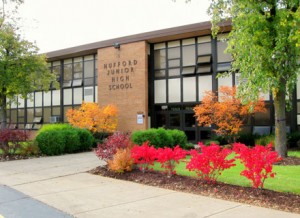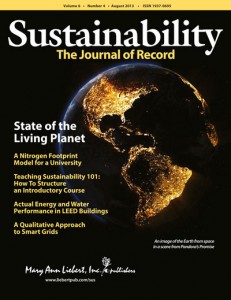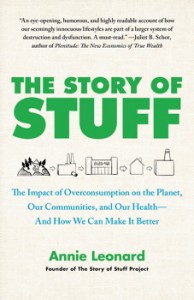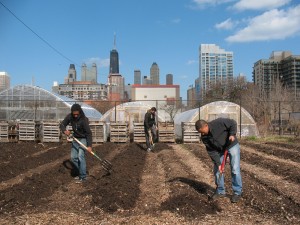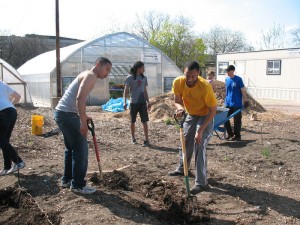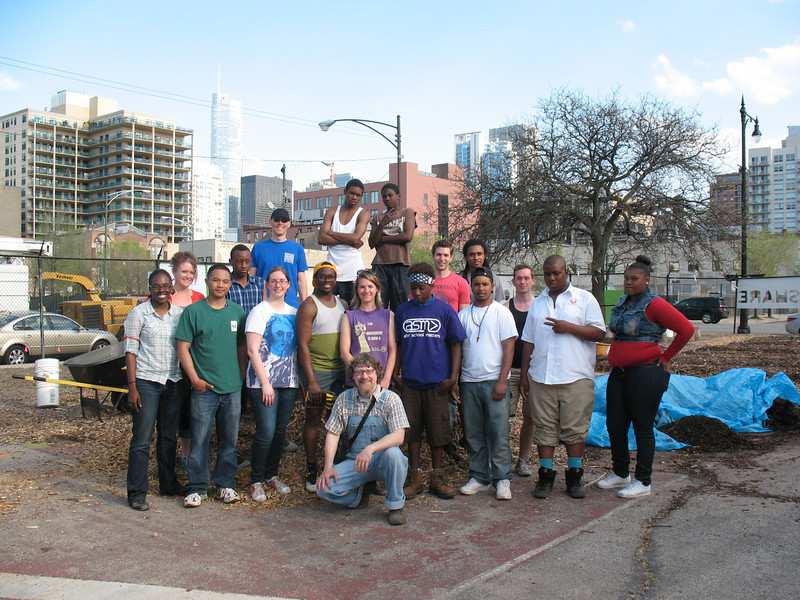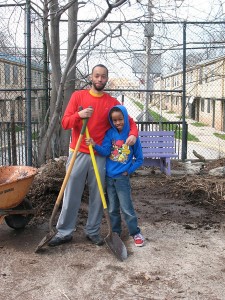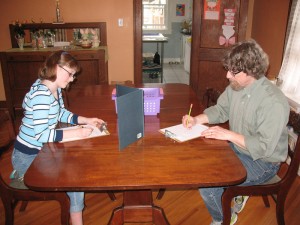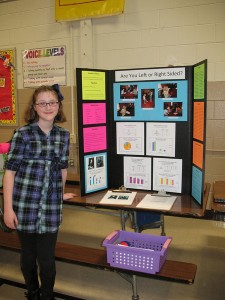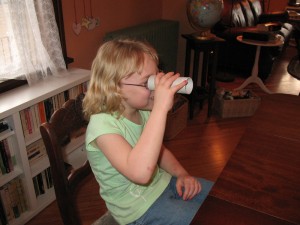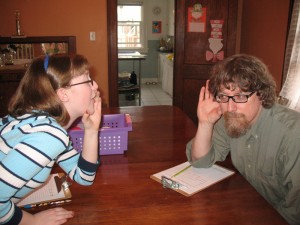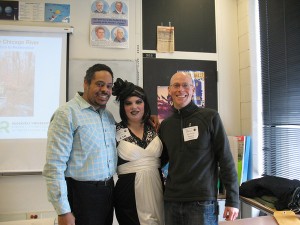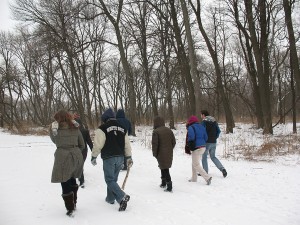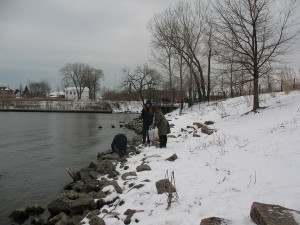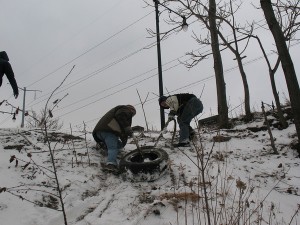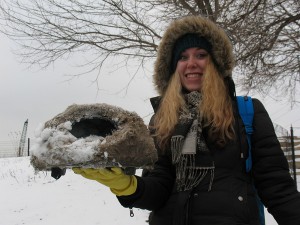Back on November 1st, the opening day of the Great Lakes Bioneers environmental sustainability conference on “Community Resilience” hosted by Roosevelt, I had the honor of introducing Dr. Sandra Steingraber, that evening’s keynote speaker. Here’s the text of my introductory comments.
Connection. It’s a basic tenet of ecology as well of human relations. Nothing and no-one are truly disconnected. The water cycle flows through the ground, the ocean, the air . . . and each of us. We throw away our trash and flush our bodily wastes; but ecology teaches us there is no “away.” That is a falsely comforting myth of our disposable and fossil-fueled society, in which pollution and toxicity — in our lakes and streams, in our food, even in human breast milk — are accepted as normal.
Normal? That is where I first met our distinguished keynote speaker this evening, Dr. Sandra Steingraber, back in the late 1980s. More precisely, I mean the campus of Illinois State University in Normal, Illinois, where I had gone for a poetry reading upon the recommendation of my creative writing professor at nearby Illinois Wesleyan, Jim McGowan. He had rightly admonished me for being a lazy writer, too content with a quick semi-catchy draft of a poem. “Go hear my former student, Sandy Steingraber,” he said. “Then you’ll understand the difference between just dashing something off and really working at your craft.” Boy, he was right.
Science. At the time of being blown away by Steingraber’s poetry in Normal, I didn’t know she was a scientist, too. Like me, only a few years earlier, she had studied biology and English at Illinois Wesleyan; then she had gone on to get a masters in creative writing and a PhD in ecology. I remember my brother David attending Columbia College here in Chicago as a theater major and telling me, “I’m taking this amazing class on evolution. It’s taught by a really cool professor, Sandra Steingraber. Do you know her?” I thought, wow — anyone who can get young hipster actors to dig Charles Darwin has to be really good.
That far from eloquent assessment turns out to be uncannily accurate and widely shared. Since the original publication of her acclaimed book, Living Downstream, in 1997, Dr. Steingraber has become an award-winning author of several subsequent books; an influential environmental journalist for Orion, the Huffington Post, and other publications; a sought-after speaker and scientific consultant; an internationally recognized authority on the links between cancer and the chemical pollution of our environment; and a passionate yet scientifically rigorous critic of the environmentally devastating gas and oil extraction process called fracking.
It’s a distinct honor and privilege to have Sandra Steingraber speak at this year’s Great Lakes Bioneers conference at my longtime academic home, Roosevelt University. Her writing and life’s work — as an environmental activist, an artist, and a parent — truly embodies the spirit of this gathering and the ethos of sustainability. As Steingraber argues in Living Downstream and elsewhere, as Rachel Carson knew more than fifty years ago as she wrote the complacency-shattering book Silent Spring, it is not enough to know something scientifically, or to express that knowledge poetically. We must also act — to change policy for the better, to fight for environmental justice in all communities, and to become true stewards rather than reckless exploiters of nature.
Please join me in welcoming Dr. Sandra Steingraber.
